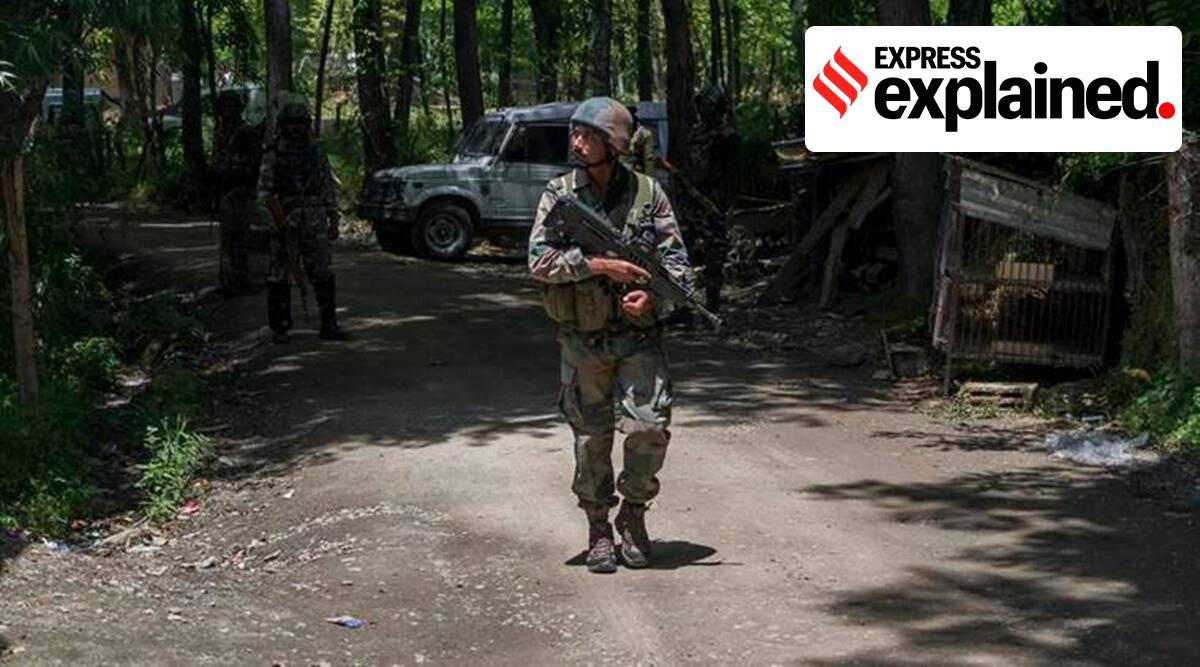The new killings of regular people by security powers for a situation of supposed mixed up character in Nagaland has by and by revived the discussion over the Armed Forces Special Powers Act (AFSPA), a law that gives colossal optional powers to the military over a regular citizen populace.
Tending to journalists subsequent to going to the burial service administrations of the regular people at Oting in Nagaland’s Mon region, Chief Minister Neiphiu Rio said he has asked the Center to eliminate AFSPA from Nagaland as the law is a “dark spot on the picture of the country”.
AIMIM MP Asaduddin Owaisi and Congress pioneer Pradyut Bordoloi have likewise brought up issues over the law.
A glance back at how AFSPA was instituted, why it is questionable, and how requests for its nullification have become stronger throughout the long term.
What is AFSPA?
AFSPA gives military extraordinary powers to control “upset regions”, which are assigned by the public authority when it is of the assessment that a locale is in such an upset or hazardous condition that the utilization of military in help of common power is fundamental.
Under its arrangements, the military have been enabled to start shooting, enter and search without warrant, and capture any individual who has submitted a cognisable offense, all while having insusceptibility from being arraigned.
Where is AFSPA in effect now?
AFSPA can be executed in a space after it has been announced as “upset”.
The ability to proclaim a domain “upset” at first lay with the states, however passed to the Center in 1972. Segment 3 of AFSPA (in J&K) says that a region can be announced upset in case it is the “assessment of the Governor of the state or the focal government” which “utilizes military in help of the common power important”.
Right now, AFSPA is as a result in Jammu and Kashmir, Nagaland, Assam, Manipur (barring seven get together supporters of Imphal) and portions of Arunachal Pradesh.
The law has been revoked where revolts have died down, and when states have acquired certainty of dealing with the area utilizing the police power. Accordingly, AFSPA was canceled in Tripura in 2015, and in 2018 the Center likewise eliminated Meghalaya from the rundown, while additionally limiting its utilization in Arunachal Pradesh.

